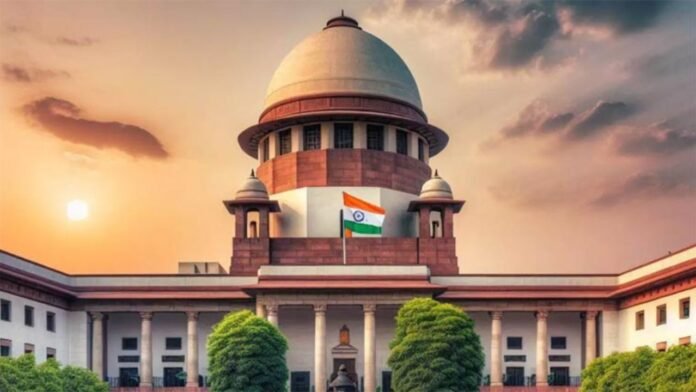The Supreme Court Strikes of India recently issued a landmark judgment nullifying a police order in Uttar Pradesh and Uttarakhand states. According to this directive, all traders were required to display their names outside their shops during the Hindu pilgrimage, especially Kanwar Yatra. This annual event attracts thousands of devotees visiting places with Lord Shiva. The apex court based its decision on secularism and rule of law principles, categorically stating that such orders have no place in our multi-religious democracy.
Background Information about the Police Order
The concerned police order demanded that shopkeepers put up boards showing their names and other details like addresses, especially those dealing with eatables and beverages. Still, many people, including legal experts, human rights activists, and owners, expressed severe reservations about its implications.
Arguments against the Directive Supreme Court
Violation of Fundamental Rights: Critics argued that privacy is a fundamental right protected by the Indian Constitution. Forcing traders to reveal their identities contradicts these provisions. Additionally, such orders could infringe upon the freedom to conduct trade or business if implemented without respecting personal space.
Threat to Secularism: There was concern that requiring business people to disclose their spiritual affiliations could spark religion-based conflicts, leading to further division among citizens.
Legalization Gap: Authorities might have acted beyond their legal authority, as no specific law permitted such actions. This raised concerns among legal experts about the legality of the instruction.
Supreme Court’s Rationale Supreme Court
The Supreme Court based its judgment on a detailed analysis of these contentions. The court held that:
Items, Not Identity: According to the court’s ruling, only food and drink items sold at restaurants should be listed. It does not require traders operating such establishments to display their names since this will not serve any legitimate purpose of maintaining peace.
Nation’s Secularism: This order could foster discrimination among diverse religious groups within India, which goes against the spirit behind secularism as enshrined in our constitution, hence making it unconstitutional or illegal per se.
Legislative Ethics Considerations: There is no legal basis for police orders like the one under scrutiny. Besides, they are morally wrong because implementing them might lead to the victimization of innocent people belonging to specific communities who happen to live closer to each other, thus creating unnecessary fear and tension among residents, according to different backgrounds living side by side peacefully anywhere else throughout India including Uttar Pradesh and Uttarakhand states where Kanwar Yatra takes place annually.
Significance of the judgment
The Supreme Court decision has wide-ranging implications for governance systems and legal structures in India:
Reiterating secularism reaffirms the commitment to secular policies, ensuring fair treatment of all religions without inciting hatred among believers or non-believers. This fosters peace within society and with neighboring nations.
Legal Precedent Setting – This ruling sets an important precedent for future cases involving directives issued by authorities who must now ensure that such orders pass constitutional tests while also being mindful of statutory provisions guiding administrative action;
Protection Of Human Rights: Upholding fundamental rights through this landmark judgment guarantees protection from arbitrary decisions made against individuals that would have violated their dignity under any circumstances whatsoever, including those related to trade during the Kanwar Yatra
Conclusion
The Supreme Court’s decision to quash the police order in Uttar Pradesh and Uttarakhand is essential to upholding the Indian Constitution’s secular and democratic ideals. Underlining the need for a legal basis and safeguarding fundamental rights reinforces that any state action must be lawful and sensitive to this country’s pluralistic nature.


